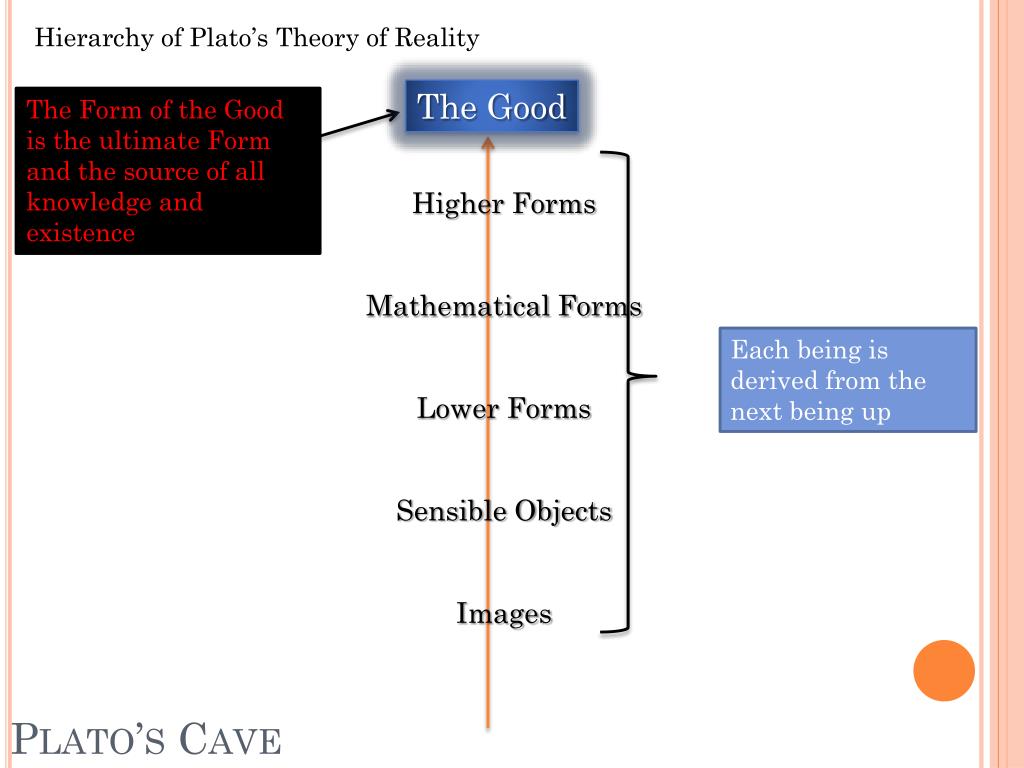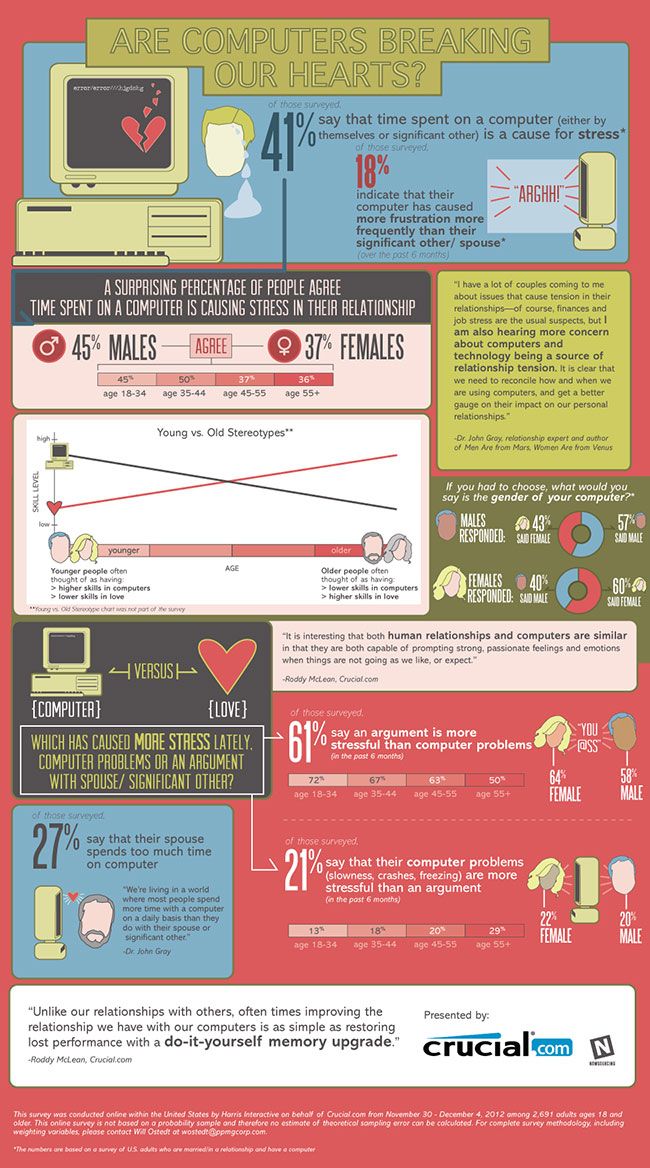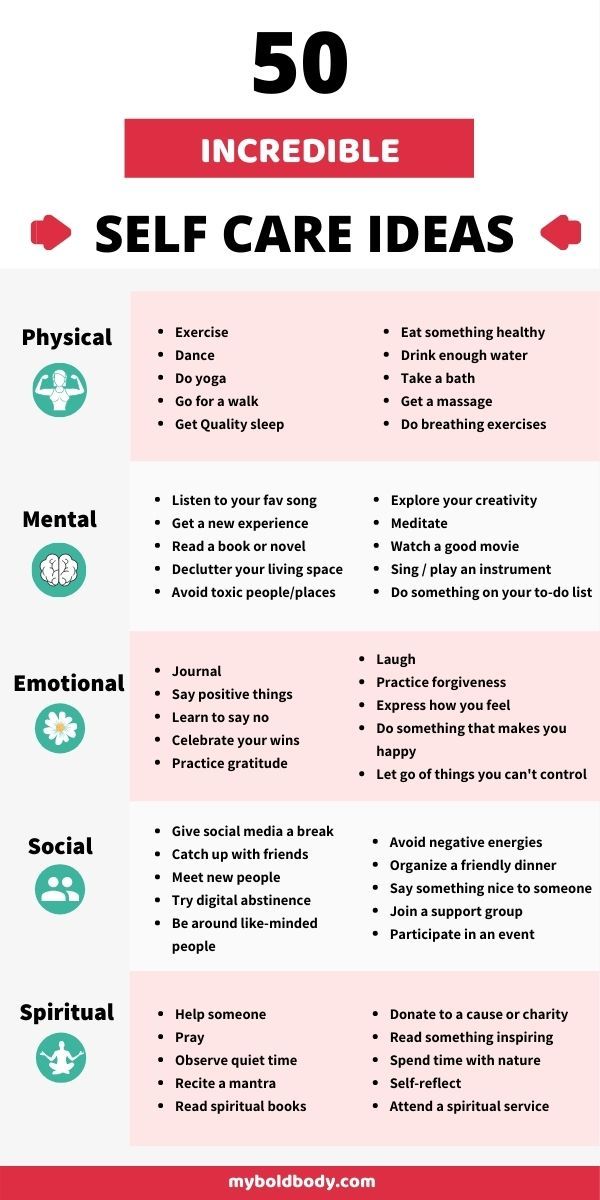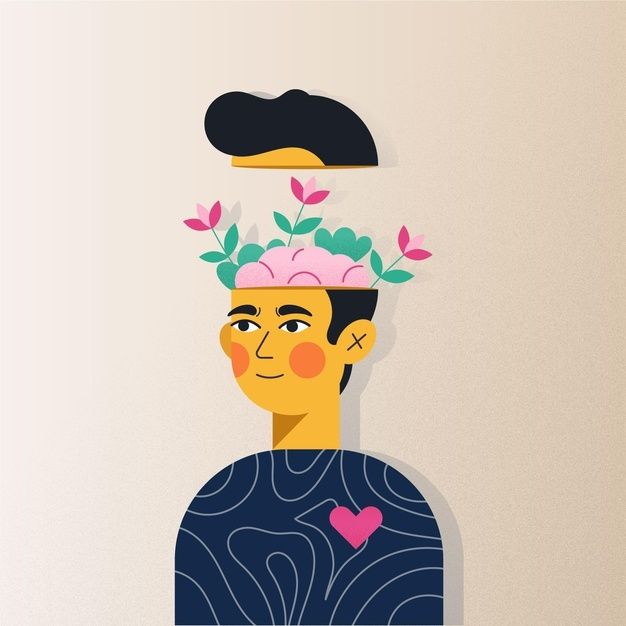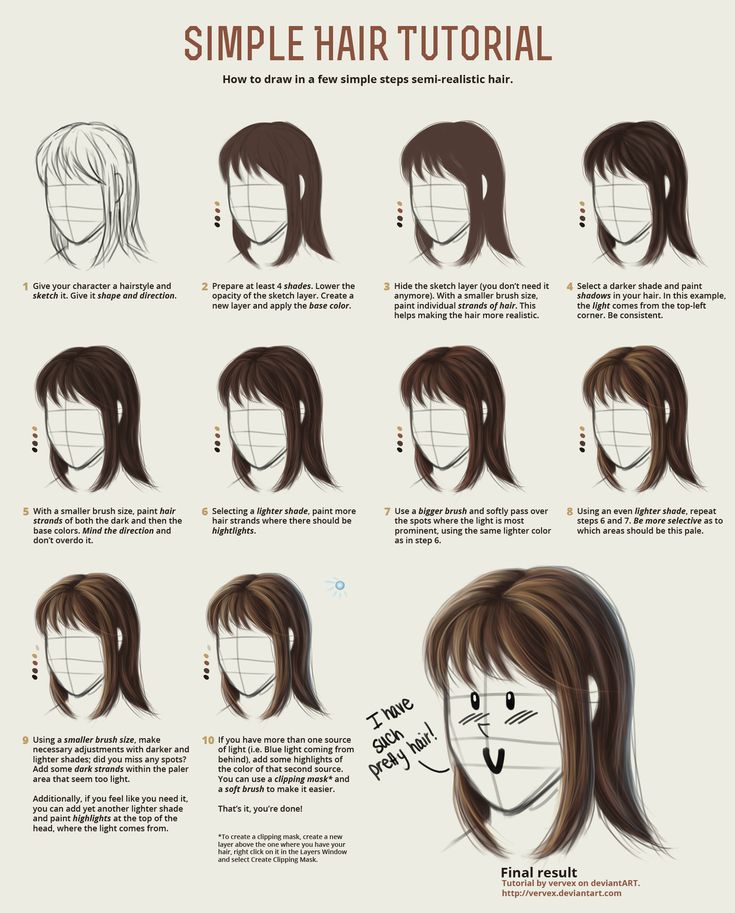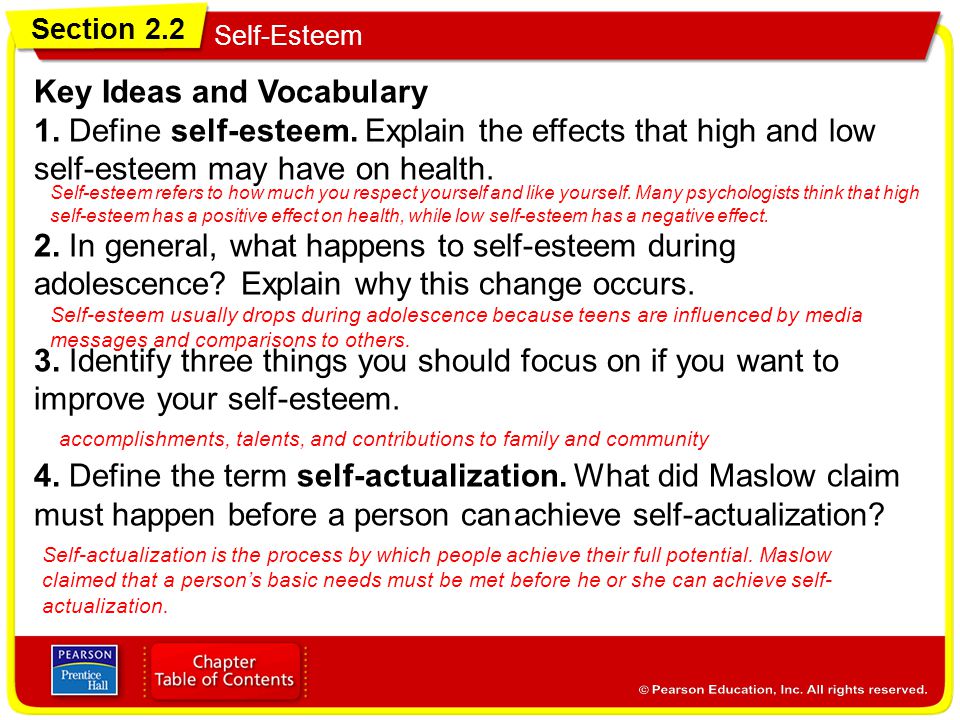Plato soul mate theory
What Plato can teach you about finding a soulmate
In the beginning, humans were androgynous. So says Aristophanes in his fantastical account of the origins of love in Plato’s Symposium.
Not only did early humans have both sets of sexual organs, Aristophanes reports, but they were outfitted with two faces, four hands, and four legs. These monstrosities were very fast – moving by way of cartwheels – and they were also quite powerful. So powerful, in fact, that the gods were nervous for their dominion.
Wanting to weaken the humans, Zeus, Greek king of Gods, decided to cut each in two, and commanded his son Apollo “to turn its face…towards the wound so that each person would see that he’d been cut and keep better order.” If, however, the humans continued to pose a threat, Zeus promised to cut them again – “and they’ll have to make their way on one leg, hopping!”
The severed humans were a miserable lot, Aristophanes says.
“[Each] one longed for its other half, and so they would throw their arms about each other, weaving themselves together, wanting to grow together.
”
Finally, Zeus, moved by pity, decided to turn their sexual organs to the front, so they might achieve some satisfaction in embracing.
Apparently, he initially neglected to do so, and, Aristophanes explains, the severed humans had “cast seed and made children, not in one another, but in the ground, like cicadas.” (a family of insects)
So goes Aristophanes’ contribution to the Symposium, where Plato’s characters take turns composing speeches about love – interspersed with heavy drinking.
It is no mistake that Plato gives Aristophanes the most outlandish of speeches. He was the famous comic playwright of Athens, responsible for bawdy fare like Lysistrata, where the women of Greece “go on strike” and refuse sex to their husbands until they stop warring.
What does Aristophanes’ speech have to do with love?
Is love a cure for our “wound?”
Aristophanes says his speech explains “the source of our desire to love each other.” He says,
“Love is born into every human being; it calls back the halves of our original nature together; it tries to make one out of two and heal the wound of human nature.
Each of us, then, is a ‘matching half’ of a human whole…and each of us is always seeking the half that matches him.”
This diagnosis should sound familiar to our ears. It’s the notion of love engrained deep in the American consciousness, inspiring Hallmark writers and Hollywood producers alike – imparted with each Romantic Comedy on offer.
Love is the discovery of one’s soulmate, we like to say; it is to find your other half – the person who completes me, as Jerry Maguire, Tom Cruise’s smitten sports agent, so famously put it.
As a philosopher, I am always amazed how Plato’s account here, uttered by Aristophanes, uncannily evokes our very modern view of love. It is a profoundly moving, beautiful, and wistful account.
As Aristophanes depicts it, we may see love as the cure for our wound, or the “wound of human nature.” So, what is this wound? On one hand, of course, Aristophanes means something quite literal: the wound perpetrated by Zeus. But for philosophers, talk of a “wound of human nature” suggests so much more.
Why do we seek love?
Humans are inherently wounded, the Greek philosophers agreed. At the very least, they concluded, we are prone to fatal habits, seemingly engrained in our nature.
Greek Goddess of Love, Aphrodite. Aphrodite image via www.shutterstock.comHumans insist on looking for satisfaction in things that cannot provide real or lasting fulfillment. These false lures include material goods, also power, and fame, Aristotle explained. A life devoted to any of these goals becomes quite miserable and empty.
Christian philosophers, led by Augustine, accepted this diagnosis, and added a theological twist. Pursuit of material goods is evidence of the Fall, and symptomatic of our sinful nature. Thus, we are like aliens here in this world – or as the Medievals would put it, pilgrims, on the way to a supernatural destination.
Humans seek to satisfy desire in worldly things, Augustine says, but are doomed, because we bear a kernel of the infinite within us.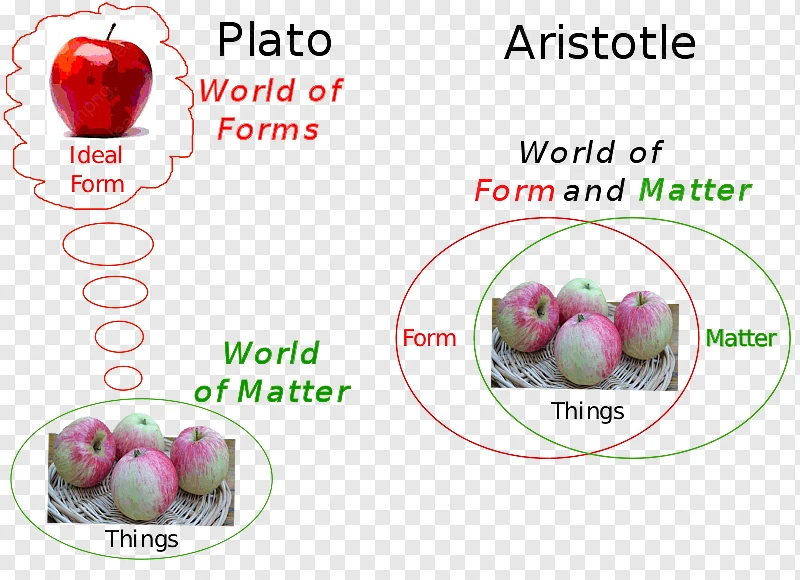 Thus, finite things cannot fulfill. We are made in the image of God, and our infinite desire can only be satisfied by the infinite nature of God.
Thus, finite things cannot fulfill. We are made in the image of God, and our infinite desire can only be satisfied by the infinite nature of God.
In the 17th century, French philosopher Blaise Pascal offered an account of the wound of our nature more in tune with secular sensibilities. He claimed that the source of our sins and vices lay in our inability to sit still, be alone with ourselves, and ponder the unknowable.
We seek out troublesome diversions like war, inebriation or gambling to preoccupy the mind and block out distressing thoughts that seep in: perhaps we are alone in the universe – perhaps we are adrift on this tiny rock, in an infinite expanse of space and time, with no friendly forces looking down on us.
The wound of our nature is the existential condition, Pascal suggests: thanks to the utter uncertainty of our situation, which no science can answer or resolve, we perpetually teeter on the brink of anxiety – or despair.
Is love an answer to life’s problems?
Returning to Plato’s proposition, issued through Aristophanes: how many view romantic love as the answer to life’s problems? How many expect or hope that love will heal the “wound” of our nature and give meaning to life?
I suspect many do: our culture practically decrees it.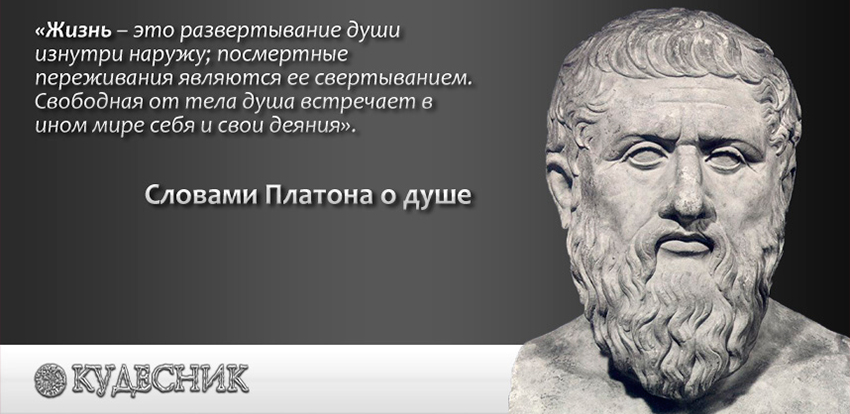
Your soulmate, Hollywood says, may take a surprising, unexpected form – she may seem your opposite, but you are inexplicably attracted nonetheless. Alternately, your beloved may appear to be initially boorish or aloof. But you find him to be secretly sweet.
Hollywood films typically ends once the romantic heroes find their soulmates, offering no glimpse of life post-wedding bliss, when kids and work close in – the real test of love.
Aristophanes places demands and expectations on love that are quite extreme.
“[When] a person meets the half that is his very own,” he exclaims, “something wonderful happens: the two are struck from their senses by love, by a sense of belonging to one another, and by desire, and they don’t want to be separated from one another, not even for a moment. These are people who finish out their lives together and still cannot say what it is they want from one another.
”
This sounds miraculous and alluring, but Plato doesn’t believe it. Which is why he couches it in Aristophanes’ satirical story. In short: it’s all quite mythical.
Does true love exist?
The notion of “soulmate,” implies that there is but one person in the universe who is your match, one person in creation who completes you – whom you will recognize in a flash of lightening.
What if in your search for true love, you cast about waiting or expecting to be star-struck – in vain? What if there isn’t a perfect partner that you’re waiting for?
Is this one reason why, as the Pew Research Center reports, we see a record number of unmarried Americans?
Alternately, what if you dive into a relationship, marriage even, expecting the luster and satiation to endure, but it does not, and gives way to…ordinary life, where the ordinary questions and doubts and dissatisfactions of life reemerge and linger?
In his book Modern Romance, actor and comedian Aziz Ansari tells of a wedding he attended that could have been staged by Aristophanes himself:
“The vows…were powerful.
They were saying the most remarkable things about each other. Things like ‘You are a prism that takes the light of life and turns it into a rainbow’…”
The vows, Ansari explains, were so exultant, so lofty and transcendent, that “four different couples broke up, supposedly because they didn’t feel they had the love that was expressed in those vows.”
Enduring love is more mundane
Love is not the solution to life’s problems, as anyone who has been in love can attest. Romance is often the start of many headaches and heartaches. And why put such a burden on another person in the first place?
True love is more mundane. Couple image via www.shutterstock.comIt seems unfair. Why look to your partner to heal an existential wound – to heal your soul? This is an immense responsibility no mere mortal can address.
I accept the backhanded critique Plato offers here through Aristophanes. Though I am hardly an expert on the matter, I have found his message quite accurate in this respect: true love is far more mundane.
I should specify: true love is mundane in its origins, if not in its conclusion. That is to say, true love is not discovered all of a sudden, at first sight, but rather, it’s the product of immense work, constant attention, and sacrifice.
Love is not the solution to life’s problems, but it certainly makes them more bearable, and the entire process more enjoyable. If soulmates exist, they are made and fashioned, after a lifetime partnership, a lifetime shared dealing with common duties, enduring pain, and of course, knowing joy.
The Greek Myth of Soulmates, When Human Became Humans
It is said that in the beginning of time, when humans were first created, they had a form different to that they have today. They were both man and woman, had four arms, four legs and a single head made of two faces.
In “The Symposium”, Plato has Aristophanes, a famous Greek theatre and comedy writer, tell the story of the Soulmates.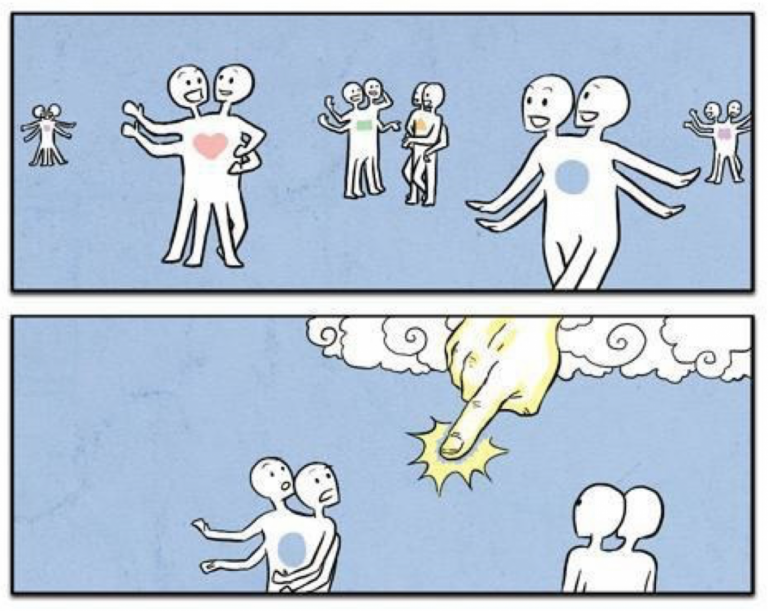
As Plato puts it:
“According to Greek mythology, humans were originally created with four arms, four legs and a head with two faces. Fearing their power, Zeus split them into two separate parts, condemning them to spend their lives in search of their other halves.”
Before we find out what the Gods feared in them, let us describe their nature a bit more. There were three genders in nature: Man, Woman and the “Androgynous”, which literally means man-woman in Greek. Each gender had two sets of genitalia, with the Androgynous having both the male and the female sex. The gender of humans had to do with their origin; the Men were children of the Sun and Women were the children of the Earth. Andorgynous however, were children of the Moon, born out of the merging of the Sun and the Earth.
And there was a time that humans were very powerful creatures, fearless and strong, and even dared to threat the Gods. They threatened to conquer them and rule in their stead, and become the new Gods.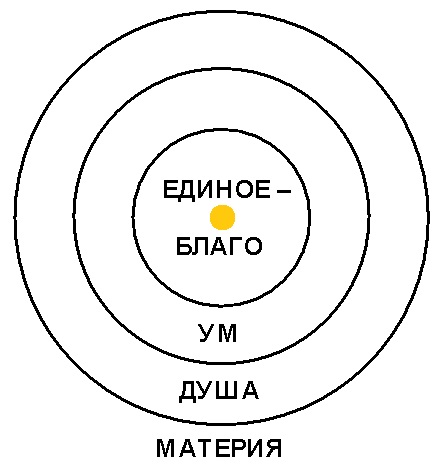 So the Gods had to answer, and contemplated on how to face the humans’ threat and what needed to be done for balance and harmony to be restored once again.
So the Gods had to answer, and contemplated on how to face the humans’ threat and what needed to be done for balance and harmony to be restored once again.
They thought of destroying humans completely, face them in a battle and kill them with lightning, as they did with the Titans. But if humans no longer were, there would also be no more tributes to Gods from the humans, a thought that the Gods did not enjoy at all.
So Zeus came up with another solution. They would split the humans in half and punish them for their pride and hubris. Apart from the pain that would cause them, they would also double the population of humans, hence doubling the tributes that had to be made to them by humans. And so they did and the humans everywhere split in two.
These new creatures were living in complete misery, drenched in their pain and sorrow. They were so sad that they wouldn’t eat or drink for days, not caring if they died.
Apollo, God of music, truth and prophecy, healing, and light, could not bear see them like this, so to ease their pain, he sewed them up, reconstituted their body forms and just left the navel as the only reminder of their original form.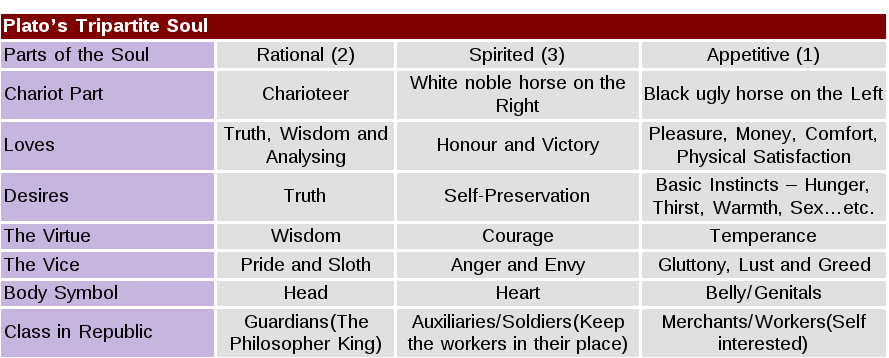 So, humans went from double face and double sex creatures with eight limbs, to single faced ones of a single sex, with two arms and two legs. And they forever longed for their soul and physical other half.
So, humans went from double face and double sex creatures with eight limbs, to single faced ones of a single sex, with two arms and two legs. And they forever longed for their soul and physical other half.
Their physical nature would feel a burning desire to be completed with the physical nature of the other sex, and their soul alike would yearn for their soul’s other half be complete, their soulmate. And according to the myth, when these two halves find each other, there will be a silent understanding of one another, they will feel joined and exist with each other in unison and will know no greater joy than that.
In much later times, the notion that God created androgynous souls, souls that are both man and woman, still exists in Theosophy. Other theories state that the souls separated into the two genders could be due to their incurred karma of their existence on Earth, or due to their “separation from God”. It is believed in some Theosophy genres that each soul half seeks the other over many reincarnations in this world.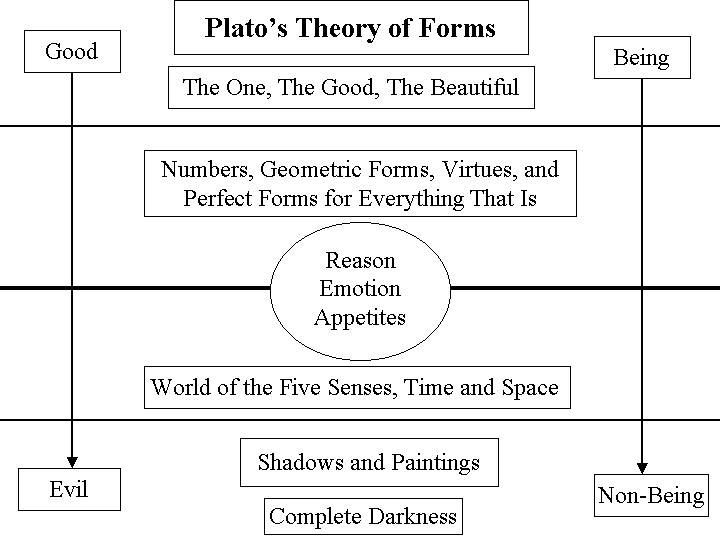 When their karmic dues are paid and they are liberated, the two halves will fuse back together in union and return to the Ultimate.
When their karmic dues are paid and they are liberated, the two halves will fuse back together in union and return to the Ultimate.
Whether the Soulmate story is purely a Myth or there is some truth in it, we may never know. However, the lucky ones that have found their soulmate, or twin-flame, partner in life, they all describe the feeling in a similar way: “He was the stranger I recognized. She immediately felt like home to me. It was as if we knew each other for years. It felt like we belonged to each other.” So, may we all tread fearlessly this brave path of finding the One for us, the One that Is us. And may we never yield in our Quest for Tue Love. And the Quest will be challenging, with love that is not pure disguising itself as True Love, with us losing faith and perhaps settling for something less as we persuade ourselves that True Love is a fantasy. In a daunting world full of noise and misguidance, may our hearts be strong and our will adamant. For if not, it is us that will ultimately pay the price, a life not accomplished, a happiness not found, a home never felt. For home is not a place. It is a feeling.
For home is not a place. It is a feeling.
Types of Ancient Greek Swords
What Places Did Odysseus Travel | Troy, Ismaros & More
The Impact of Ancient Greece History on the Modern World
9 Places In Europe That You Must Visit At Least Once In Your Life
Rare Byzantine coin may show a 'forbidden' supernova explosion from A. D. 1054
D. 1054
Thessaloniki metro finds to get very own museums
More than 300,000 artifacts found during Thessaloniki metro construction
Ancient Athenian Tablet Turns Out To Be 2,000-Year-Old Graduation Yearbook
Soul mates and soul mates - do they really exist, and if so, how to find them?
Relationships
Someone believes, someone does not, but this is an eternal topic for debate: do each of us have a soul mate? Or is everyone supposed to have a lot of second halves? Or are soulmates, spouses, singles, soulmates, soul mates just fantasies of incorrigible romantics?
According to the phraseological dictionary of the Russian literary language, a soul mate is "a person who is close in spirit, in convictions. " The New Oxford American Dictionary defines a soulmate as “a person who is ideally suited to another as a close friend or romantic partner.”
" The New Oxford American Dictionary defines a soulmate as “a person who is ideally suited to another as a close friend or romantic partner.”
In such meanings, kindred spirits certainly exist and you must have met them. Perhaps you even had a chance to experience that very unity of hearts, about which thousands of novels have been written and hundreds of melodramas have been filmed. And you, most likely, expected that in life "delight and rapture" would last longer than the final credits. But, unfortunately, something went wrong.
If you believe in the concept of soulmates, the conclusion is obvious: you simply chose the wrong person and you need to keep looking until you meet the one who was destined for you. But, as practice shows, partings are painful, and you are in no hurry to look for a replacement for a partner, albeit one unworthy of the title of half. You are tormented by doubts and conjectures: maybe all these are fairy tales for the naive, but in reality there are no narrowed-mummers and kindred souls? And who even came up with this love myth that inspires so much hope?
Where did the myth about the second half come from
The ancient Greek sage Plato raised the topic of halves in the philosophical treatise "Feast", written in 385-80 BC.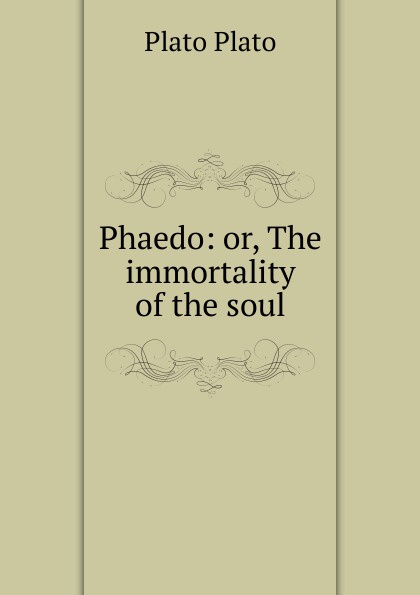 One of Plato's interlocutors, the comedian Aristophanes, in response to a request for a commendable speech to the god of love Eros, says that the first people were androgynous, that is, both men and women. They had four arms and legs, two opposite faces, two pairs of ears, and two sets of sex organs.
One of Plato's interlocutors, the comedian Aristophanes, in response to a request for a commendable speech to the god of love Eros, says that the first people were androgynous, that is, both men and women. They had four arms and legs, two opposite faces, two pairs of ears, and two sets of sex organs.
Since the androgynes were very strong and frightened the gods with their power, Zeus ordered Apollo to cut each in two and scatter the halves around the world. Over time, people took on a normal appearance, but the memory of an inextricable connection gave rise to a desire in them to look for each other to restore their former fullness. If the separated halves meet each other, then they are covered by “an amazing feeling of affection, closeness and love,” concludes the author of the first famous comedies.
There is some truth in Aristophanes' jokes, partly repeated in the biblical text about the creation of Eve from Adam's rib. Mutual attraction is by no means a myth, but a reality experienced by millions of people, and perhaps at this very moment. Antique treatises have provided humanity with rich nourishment for conjectures about love ideals, but none of them has instructions on how to find your soul mate. How not to miss the only chance, but to recognize in time that a real soulmate is nearby?
Antique treatises have provided humanity with rich nourishment for conjectures about love ideals, but none of them has instructions on how to find your soul mate. How not to miss the only chance, but to recognize in time that a real soulmate is nearby?
The myth of halves from the point of view of psychology
It is easy to make a mistake. When we meet someone we really like, it always feels like an amazing coincidence. It's all about hormones, because of which desires and reality are mixed into a blinding cocktail. In psychology, this is called the "halo effect" or "halo effect" - at this stage, we tend to idealize a person, perceiving him as an impeccably kind, intelligent, handsome man with similar interests.
With luck, he (she) will remain so for you. And if not, sooner or later you will yearn for the only one with whom you could completely coincide and at the same time remain yourself - just like in The Notebook. Who could infinitely care for the precious vulnerabilities of your individuality and, of course, with complete reciprocity on your part. Who would rush after you to the ends of the world, and at a meeting would shower you with a rain of red roses. Who would be your refuge and home. Whose kisses would melt you like vanilla gelato in a Tuscan summer. Plus constant unbridled sex - like in Shades of Grey.
Who would rush after you to the ends of the world, and at a meeting would shower you with a rain of red roses. Who would be your refuge and home. Whose kisses would melt you like vanilla gelato in a Tuscan summer. Plus constant unbridled sex - like in Shades of Grey.
And gradually you will convince yourself that the reason for the difficulties experienced in relationships is precisely that you have not been diligently looking for this central element of romantic dreams: a soul mate. The right person. Your soul mate. This creature is roaming around somewhere, you still haven't been able to find it. And so you must continue the search, using all the necessary technology and perseverance.
Psychologists, however, are not enthusiastic about the theory of halves. Psychologist Irina Tkacheva, a trauma specialist, explains the reasons for this hostility: “The truth is that instinct does not attract to those who will take care of us and make us happy - not to those who love in an ideal way, but to those who love as we are used to. The installation of how we should be loved arises in childhood, and this pattern is intertwined with a whole range of problems, traumas, obsessions that prevent the choice of the “ideal mate”.
The installation of how we should be loved arises in childhood, and this pattern is intertwined with a whole range of problems, traumas, obsessions that prevent the choice of the “ideal mate”.
We believe that we are looking for happiness in love, but in fact we are trying to recreate in relationships those feelings that we knew well in childhood. As adults, we reject mate candidates not because they are wrong, but on the contrary, because they are too right. In the sense that they look somehow too balanced, mature, understanding, reliable, and to us such correctness seems alien and undeserved. And we chase after unstable, unreliable others, not because we believe that life with them will be more harmonious, but out of an unconscious feeling that with such a companion we will return to a reassuringly familiar pattern of disappointments.
Halves are not born, but become
Love is not a solution to life's problems, as anyone who has been in love can confirm. The candy-bouquet period is a distracting prelude in anticipation of many headaches and heartaches.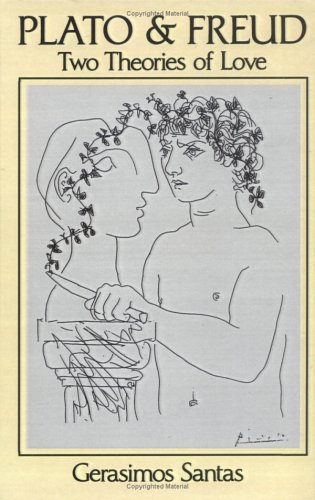 True love is not always easy and harmonious, but it stands the test of reality. The decisive factor is the ability to recognize that you love and are loved, and favorably accept each other's shortcomings (everyone has them!). By relying on the “made for each other” scenario, you run the risk of being stuck in an eternal search instead of identifying the causes that drive your cravings and interrupt unhealthy patterns.
True love is not always easy and harmonious, but it stands the test of reality. The decisive factor is the ability to recognize that you love and are loved, and favorably accept each other's shortcomings (everyone has them!). By relying on the “made for each other” scenario, you run the risk of being stuck in an eternal search instead of identifying the causes that drive your cravings and interrupt unhealthy patterns.
“I don’t believe in soulmates in the sense that each of us is destined for someone somewhere in heaven, but I have seen many examples of amazing unity found as a result of deep and lasting love relationships,” sums up the theme of family psychologist Shona Springer . — Couples that are difficult to recognize as classic soulmates are united by a life together, common tasks, experienced hardships and joys — and over the years, side by side, they become each other's irreplaceable partners. So if kindred spirits exist, then this is a completely feasible project and an achievable goal.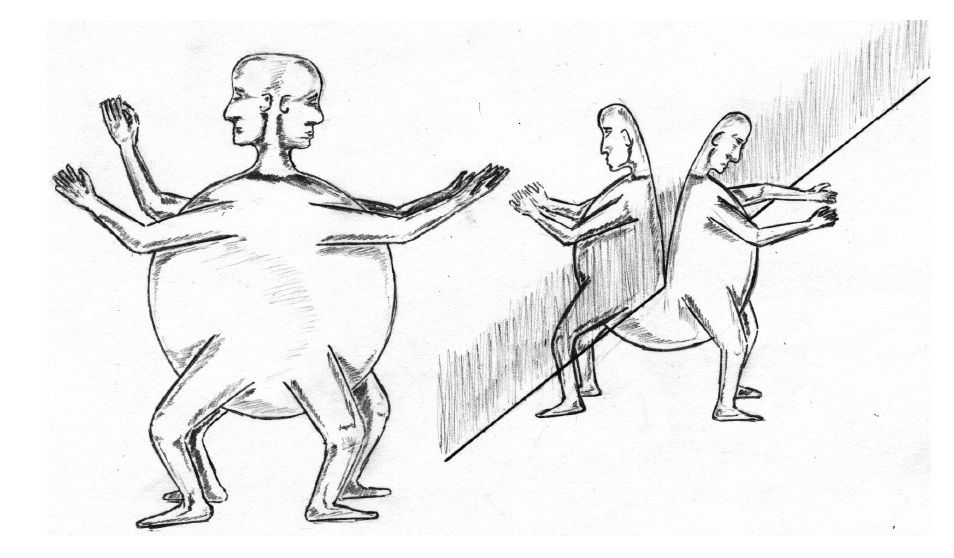
Smirnova Natasha
Tags
- relationships
- Psychology
Is there a soul mate and how to find your only love in Tinder? - Knife
In this article, the terms "soulmate" and "soulmate" are used to describe the ideal partner - a person who suits you in all respects better than anyone else. To use these words and believe in the existence of soulmates, it is not necessary, for example, to be religious and believe that God created souls.
“My soul mate”, “soul mate”, “perfect couple” - these phrases are often used in romantic confessions to emphasize that this particular person we are in love with now is special. One of a kind. Ideal for us. He alone makes our heart beat faster, deserves all the best, and because of him we cannot sleep at night.
All this seething cocktail of emotions and feelings that we experience when we fall in love is difficult to rationally explain (although modern neuroscientists are trying). But it is even more difficult to answer why, of all people, we fell in love with this particular person, and not, say, with a smiling neighbor from the apartment opposite. Or that handsome guy from the gym. Of course, you can describe falling in love by listing all the wonderful character traits and virtues of the chosen one. Scientists, on the other hand, are more likely to explain your choice as a difference in genes, an evolutionary advantage, unmet psychological needs, or the subconscious.
But it is even more difficult to answer why, of all people, we fell in love with this particular person, and not, say, with a smiling neighbor from the apartment opposite. Or that handsome guy from the gym. Of course, you can describe falling in love by listing all the wonderful character traits and virtues of the chosen one. Scientists, on the other hand, are more likely to explain your choice as a difference in genes, an evolutionary advantage, unmet psychological needs, or the subconscious.
But the theory about the soul mate, destined by fate, you will agree, sounds much more romantic. Yes, and they have been telling it for more than two millennia.
How the Myth of Soul Mates Began
Variations of the myth of soul mates, one true love, and people meant for us from above have existed in many cultures since ancient times.
For example, the ancient Greeks believed that once upon a time all people were androgynous and became so powerful that they wanted to take the place of the gods. The gods revealed their cunning plans and cut them in half as punishment. Now all people have to look for that very soul mate all their lives in order to feel whole and happy again.
The gods revealed their cunning plans and cut them in half as punishment. Now all people have to look for that very soul mate all their lives in order to feel whole and happy again.
“When someone, be it a lover of young men or anyone else, happens to meet just their other half, both are seized by such an amazing feeling of affection, closeness and love that they truly do not want to be separated even for a short time. […] Thus, love is called the thirst for integrity and the desire for it.
Plato "Feast"
In ancient China and Japan, there was a legend about the red thread of fate , which invisibly connects two lovers. It formed the basis of wedding rituals, and nowadays this motif is used in the plots of manga, anime and fanfiction. The understanding of marriage as a union for life, concluded by God or indicated by fate, has clear parallels with this ancient myth.
Again, kindred spirits, however, were talked about only at the end of the 19th century, when the English writer Maria Corelli wrote the popular A Romance of Two Worlds (1898), where she talked about twin souls, the transmigration of souls and astral bodies .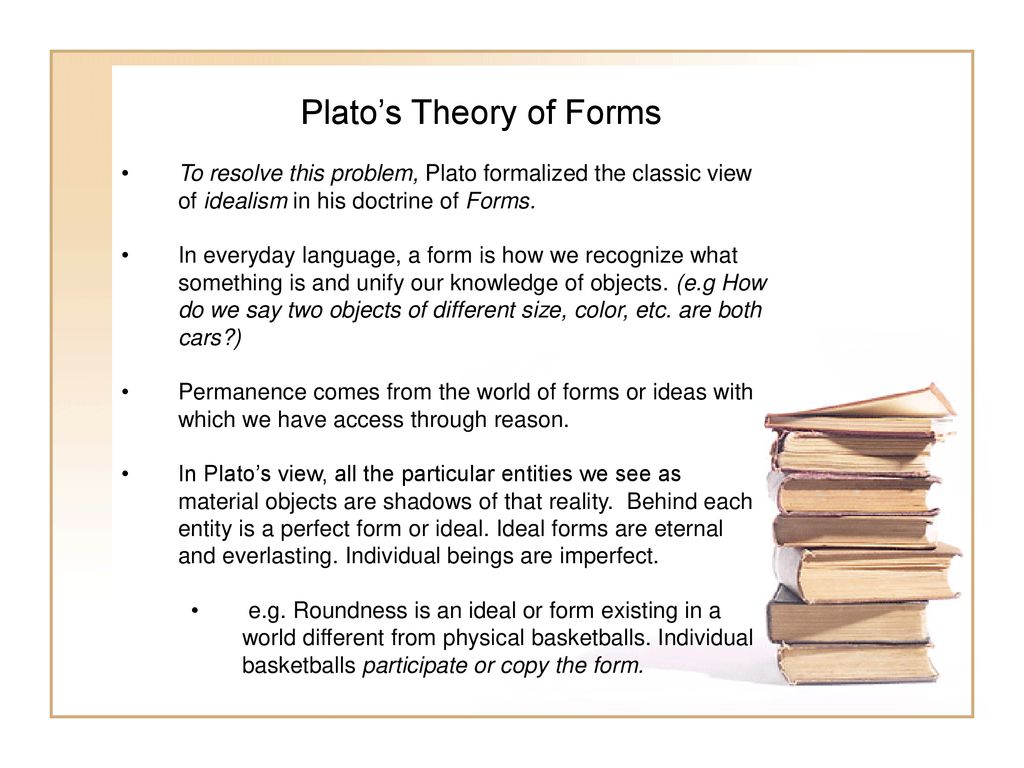
Later Theosophy and some New Age religions made the myth of soulmates part of their doctrine. Their followers believe that for every soul there is a second one, ideally suited to it, and our task is to meet it.
You may not believe in the existence of soul mates, but the description of love as a search and finding wholeness has become so firmly established in our culture that modern philosophers even single it out as a separate definition of love — love as the formation of a new whole, the connection of "we" from two "I" . They asked people how they explain their choice to themselves and why these relationships are valuable to them.
Many informants used the words “fate”, “destiny” or “soul mate”. Such explanations are comfortable, because, firstly, they sound romantic, and secondly, they give reliable guarantees: if this person is my ideal couple, then, of course, our love will last a lifetime and all trials are nothing to us, they will just heighten the feeling.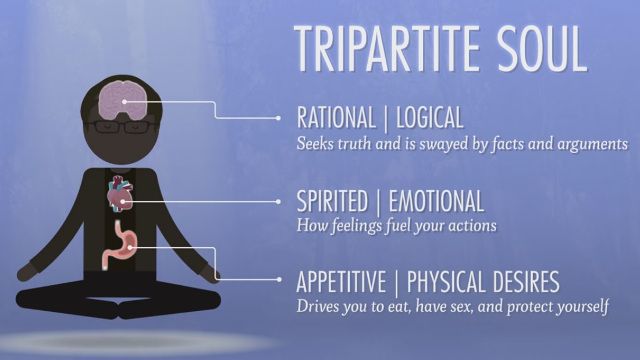
That's why the myth of soul mates is so popular today: it gives a clear and simple explanation of love for a particular person, and also serves as a kind of protection from a broken heart and pain.
After all, if a person is destined for us by fate, then we will never part with him and, of course, he will not offend us.
There is nothing wrong with these beliefs in general. They become dangerous when, due to an uncritical attitude towards them, we spend our whole lives in search of “the one”, making exorbitant demands on a new acquaintance and easily abandoning him at the first disappointments.
This attitude to love became especially relevant when technology became a familiar (and sometimes even necessary) part of modern dating.
Dreams of technology to find your soulmate
Fiction about the future of romantic love often fantasizes about how soon there will be technology that will quickly and easily find your soulmate.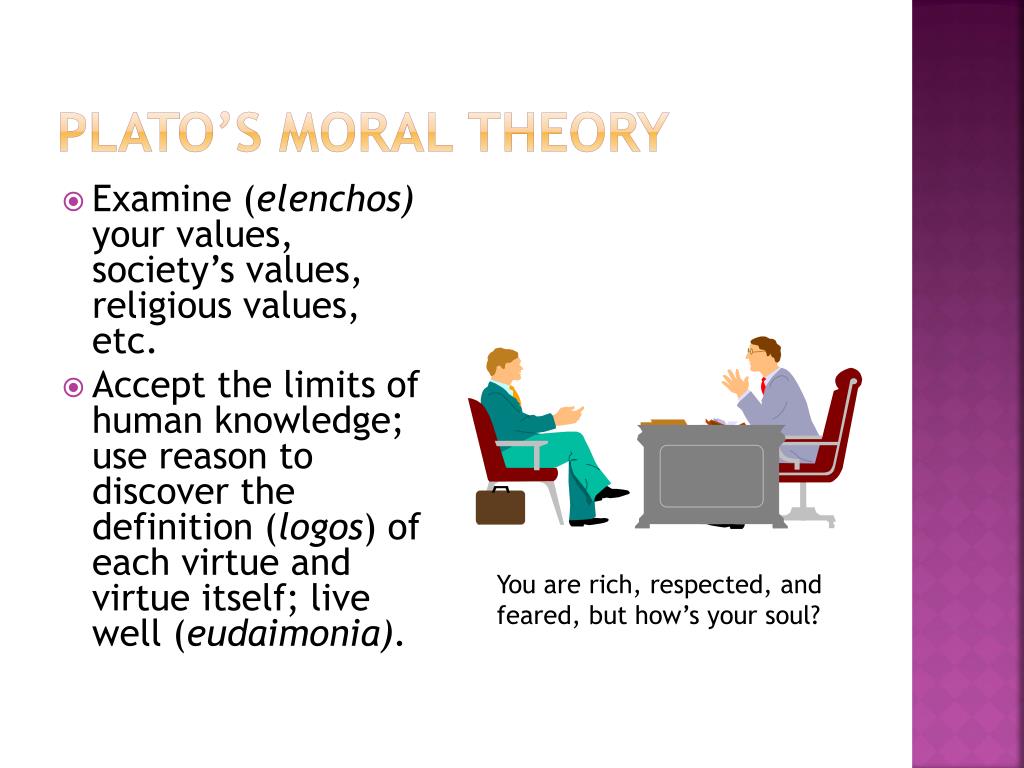 One of the first films about this was The Timer (2009). In his universe, a high-tech device has been invented that is implanted in the wrist and starts counting time until the moment when a person meets the ideal partner.
One of the first films about this was The Timer (2009). In his universe, a high-tech device has been invented that is implanted in the wrist and starts counting time until the moment when a person meets the ideal partner.
In the last five years, stories about such technology have even become boring. A prime example is the acclaimed episode "Hang the DJ" in the Black Mirror series, in which a computer program first invites people to enter into many different relationships (and also predicts how long they will last) in order to collect information, and as a result recommends "absolutely related soul" with an accuracy of 99.8%.
There is also a whole series "Soul Mates", which explores this topic from various angles. Each series asks non-standard, but important questions in case the soulmate search technology is still invented, questions:
- What will happen to the marriages and relationships that developed before this technology was discovered?
- How can such technology be used for personal gain?
- What about people who prefer polyamorous relationships?
- What to do if you find out that your ideal partner died before meeting you?
- And anyway, who is your soulmate? Should he reveal all the good in you, or, on the contrary, he can awaken all the bad, so much so that maybe it’s better not to meet him?
There are so many books, films and series with similar plots that it is impossible to list them all in one article (once at a conference I tried to classify them, and it turned out that I didn’t collect even half: the audience suggested all the new names).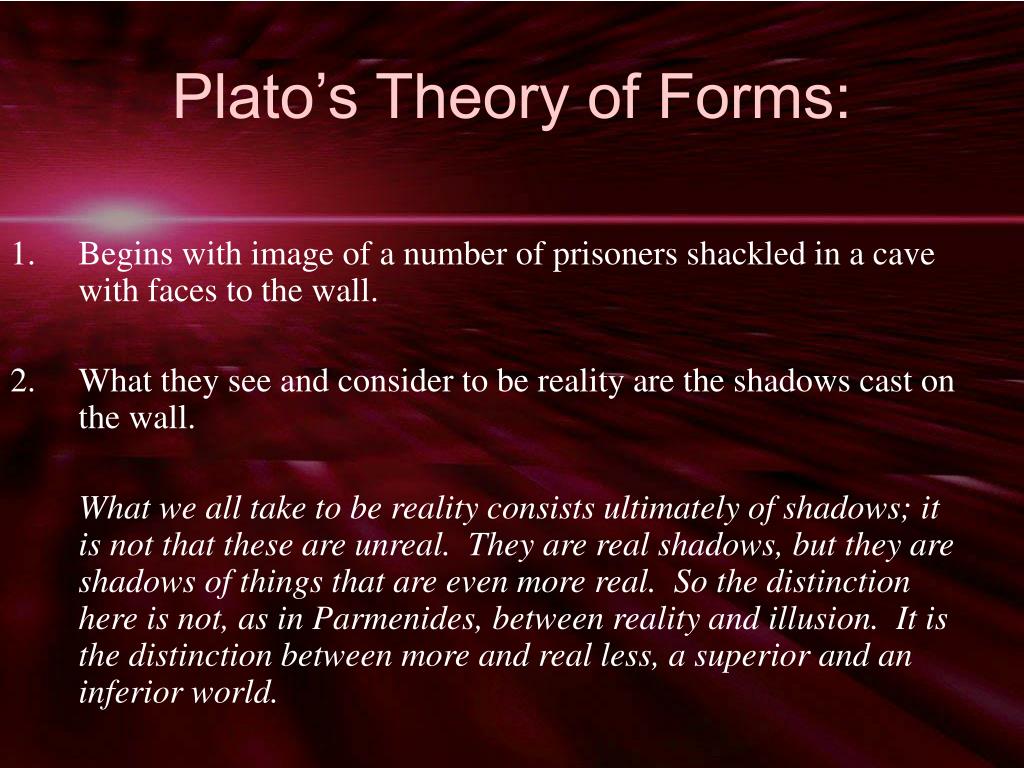 And thanks to dating technologies that have become an integral part of our lives, the myth of soul mates has acquired a new, modern variation.
And thanks to dating technologies that have become an integral part of our lives, the myth of soul mates has acquired a new, modern variation.
Now it's not a red thread, fate or the gods that assign you a soulmate, but technologies that, with the help of algorithms, simulations or DNA tests, find the perfect partner for you.
But why do we enjoy watching these kinds of stories so much, and why do we want technology to make it easier for us to find our “soul mate”? The thing is that we are looking for a “magic pill” for those new problems that have appeared along with the increased popularity of applications.
Virtual partner supermarket
We all understand that in real life it is doubtful that technologies that find a soulmate for you will ever be invented at all, if only because the idea of a single ideal partner does not hold water. However, modern dating applications continue to sell us this myth: we still hope to find “this or that one” among hundreds of profiles.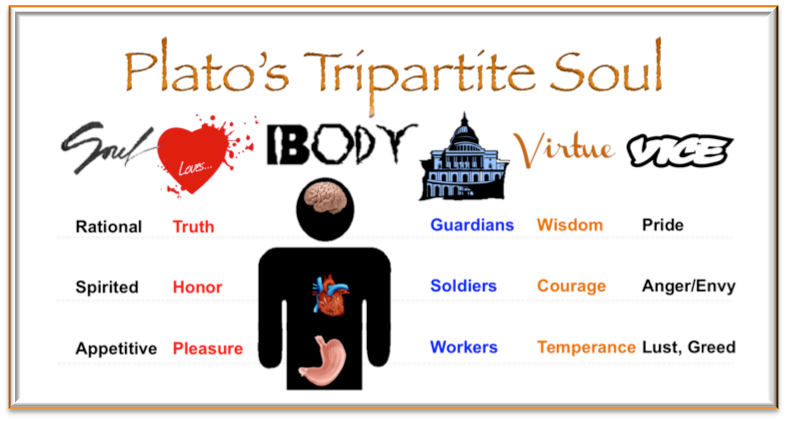 But doing it now is more difficult than ever.
But doing it now is more difficult than ever.
“People seeking their love these days have an incredibly wide range of tools to find a romantic partner or, even better, a soul mate. We can marry anyone we want, regardless of gender, age, nationality, religion, race - and even place of residence. In our relationship, more often than before, partners are equal to each other. And, unlike many representatives of past generations, almost all of us marry for love. The problem is that with all these possibilities, the process of finding that person can be very painful.”
Aziz Ansari, Eric Klinenberg Actively Seeking
Modern researchers of love often reflect on this. Our search for the ideal partner is no longer limited by anything: neither the city or country in which you live, nor religion or nationality matter much, moreover, you can find like-minded people on the Internet even with the most specific interests. It would seem that meeting a real, and not fictional, soulmate is easier than before.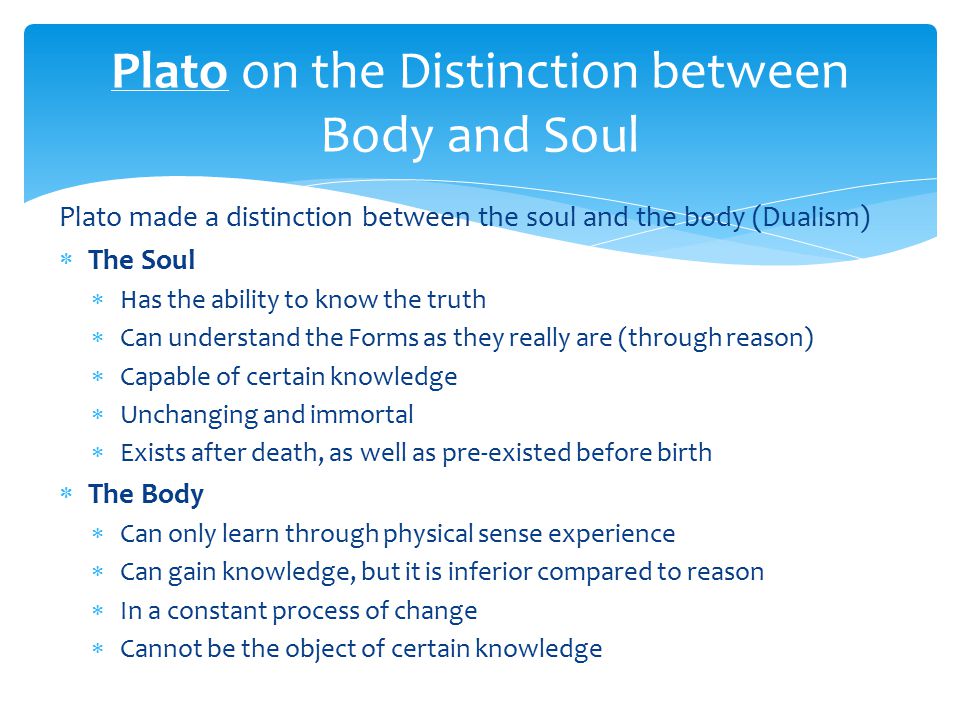 But it was not there.
But it was not there.
The “paradox of choice” has happened to modern love, like with products in a supermarket. As early as 2005, psychologist Barry Schwartz drew attention to the fact that if the store has too many salad dressings, then a person either cannot choose at all, or is less satisfied with his choice. After all, if you don’t like the seasoning in the end, it will seem to you that you should have chosen another one.
Later, Dutch researchers Tila Pronk and Jaap Denissen studied the “paradox of choice” on modern dating apps and came to the same conclusion: the greater the choice of potential romantic partners, the more unhappy and rejecting people were.
The scientists called this phenomenon the rejection mind-set . This behavior is understandable: the more options we see, the scarier and more difficult it is to make a choice, especially if it concerns such an important and large part of our life as creating a couple and building relationships. The price of a mistake here seems more frightening, and therefore you begin to think: maybe this choice is not worth making at all? And you can also get tired of it: it’s hard to go through an infinite number of options and try to choose the only one among them.
The price of a mistake here seems more frightening, and therefore you begin to think: maybe this choice is not worth making at all? And you can also get tired of it: it’s hard to go through an infinite number of options and try to choose the only one among them.
It seems that solving this problem is as easy as shelling pears: we only need to limit our search for a partner and reduce it to the number of options acceptable to us. It’s almost like salad dressing: instead of offering fifty options to customers, stop at ten. But that doesn't help either.
Aziz Ansari and Erik Klinenberg conducted a series of interviews in small towns and found that people there have their own problems: due to the limited choice, you have to put up with a lot of disadvantages and still feel unhappy. And in case of refusal, there is a high probability of meeting this person again on the street or in another public place. As a result, Ansari and Klinenberg came to the conclusion that the problem is not so much in the number of options, but in how we relate to our own choice.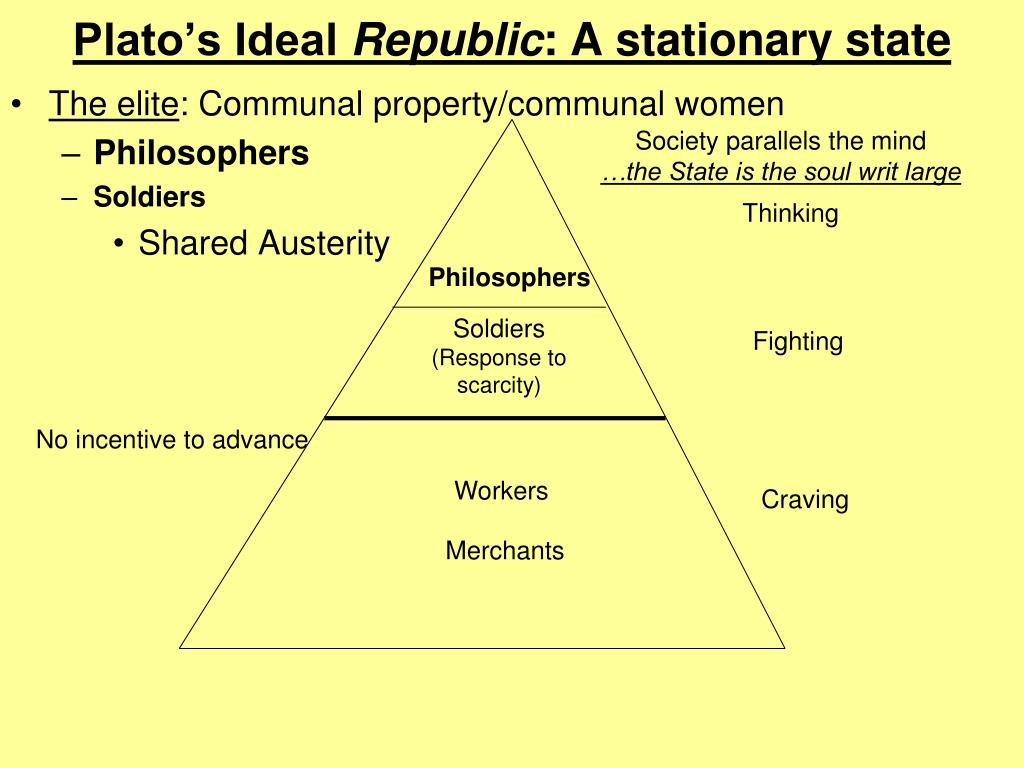
If the goal is to go through all possible options to make sure we hit the ideal, then it's no surprise that now that there's so much to choose from, we dream that technology will take on the task.
But why has it become so important for us to meet exactly a kindred spirit, and not just the right partner?
Who are soulmates?
Sociologist Andrew Cherlin examined how the perception of marriage has changed over the past fifty years in America and concluded that marital satisfaction no longer depends solely on how partners perform the roles expected of them (he called it partnership marriage ). For example, if you were getting married or married half a century ago, then you would demand from a man that he earns well and provide for his family, and from a woman that she run the household and take care of children. And that would be enough for you.
“Things changed in the 1960s and 1970s, however, and our expectations of marriage grew.
A major factor in these changes was women's desire for equality. As more women got into universities, got good jobs, and became economically independent, they gained more control over their bodies and their lives. More and more women refused to marry boys from their home or neighborhood. They also wanted to get different experiences - and finally gained the freedom to do this. According to Cherlin, it was the generation of those who grew up at 19The 1960s and 1970s were the first to reject partner marriage and aspire to something more. They needed more than just a husband or wife—they needed a soul mate.”
Aziz Ansari, Eric Klinenberg Actively Seeking
In addition to the fight against gender inequality, our ideas about marriage and love have also been influenced by economic, political and cultural factors. For example, the more the authority of religion weakened, the more often people refused to live their whole lives with a partner chosen by their parents or approved by the church.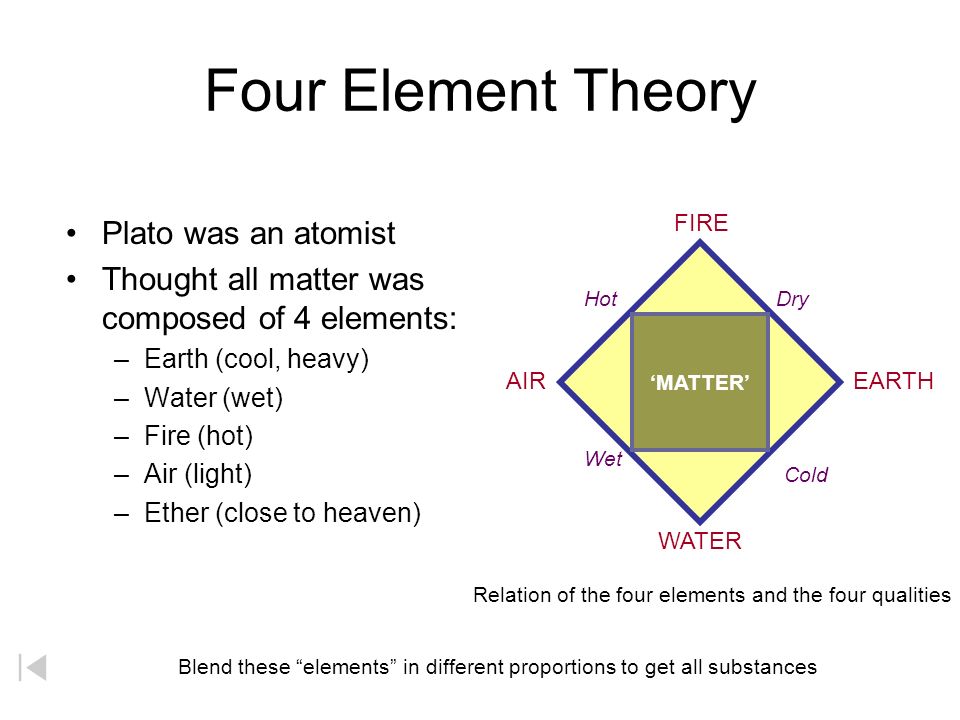
Economic growth has led to an increase in wealth. More financial freedom means more love unions, because you don't have to get married to be self-reliant. You can earn money and provide for yourself alone.
And in general, the culture of individualism and the cult of self-development and personal choice have changed our requirements for partners. In the modern Western world, few people get married because "it's time", "you need to have children", "everyone does it" and because it is impossible to become an adult in the eyes of society in any other way. Now they enter into relationships, because it is interesting to develop together with a person and it’s just nice to live. And of course, the development of technology has provided an unprecedented choice in finding the ideal partner.
But how can you now understand that you have a kindred spirit in front of you? This is the main snag. The myth of soulmates offers too vague criteria. Recall, for example, Plato: both "are seized by such an amazing feeling of affection, intimacy and love that they truly do not want to be separated even for a short time. " And books and movies about love are also not the best advisers.
" And books and movies about love are also not the best advisers.
Even philosophers are still debating how to define the "ideal partner": it seems obvious that this should be the person you love the most. And it would be nice if it was mutual. But should you have common interests, or, on the contrary, would it be better for you to teach each other new things? And what about values and worldview?
Should this person definitely make you better and both of you should develop together or is it not necessary? What about morals and principles?
There is no single correct answer to all these questions. This can be scary, because everyone will have to answer them for themselves and hope to meet someone who shares their views.
Soulmate robots
All this leads to the fact that the search for a soul mate among people begins to seem like an unsolvable task. Therefore, it is not surprising that the invention of a smart algorithm or DNA test for determining soulmates is perceived by us as science fiction.
But programming such a soulmate from a robot for yourself is quite our possible and imminent future.
Modern robot builders (especially in the field of sex robots) do not give up hope to bring to the market in the near future a device that would perfectly suit you and share your values. Well, in the case of sex robots, it would be ready to embody any of your fantasies.
Modern moral philosophers are wary of such developments. For example, Sven Nyholm reminds us that we not only strive to meet the ideal partner, but also hope that he or she will reciprocate. In addition, in love, the component of luck and a certain fatefulness of the meeting is important for us: we were lucky to meet this partner, this meeting was not accidental. It is unlikely that this can be recreated with robots. And feminist researchers think that the creation of soulmate robots can lead to the reinforcement of existing sexist stereotypes and objectification.
But whatever the outcome of this struggle, whether we create soulmate robots or not, technology continues to change how we meet, fall in love, and what we generally think about love.